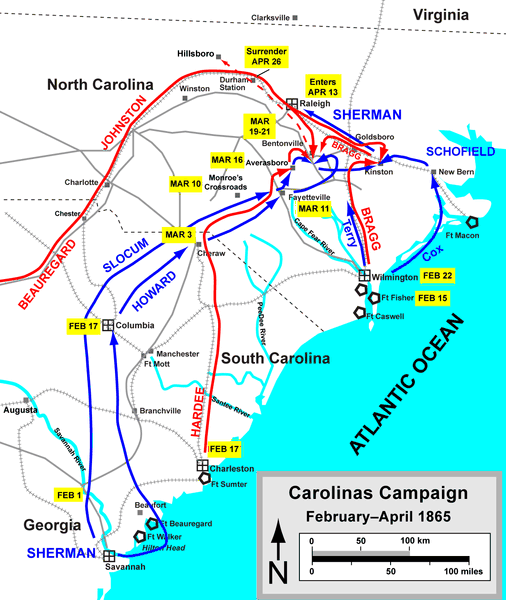You make a good point about the British Empire, but the example of the Portuguese again raises a question. Were their African possessions a net revenue source or a sink? I don't actually know, but
(1) If they were a source, then one has to ask if other empires such as the French and Dutch were also profitable and could have long outlasted their OTL expiration dates.
(2) If they were a sink, then why didn't the Império Português unravel sooner? (Analogous question for the French and Dutch.) Maybe the British simply weren't very good at exploitation?
In the broadest sense you are certainly correct; I wrote a blog post years ago in which I observed this:
However, knowing this doesn't give us timescale. We know the Americans insisted on an end to the British system of trade preferences in OTL and got it. We don't know how long it would have taken for parallel systems to disintegrate ITTL.
I think it is best to look at a colony by colony basis rather than the entire empire's as the profits from one could/were be sunk into other region that were money sinks. This is meant to be for non-British Empires for added clarification.
I don't believe Algeria was profitable in terms of resource extraction but it does have many French immigrants who hold property and the independence movement there was originally a civil rights movement so it might become a 'Department of France' as opposed to a independent country TTL. And this is probably going to be true of a few other French colonies in Africa.
Nigeria, Tunisia, Chad and Morocco I defiantly see being as independent rather than departments and I think maybe on time scales similar to OTL.
Vietnam, Cambodia and Laos are going to be a bit different (as being a department of France is not an option). They did have rubber (and Saigon way a key part of the Opium trade) that made the profitable and the French administration was rather ruthless in destroying rebellions and insurgent movements. However, they are reliant on the support of France proper I'm do not think they'd be as committed as OTL. Without having lost it to Japan ITTL holding onto it won't be seen as part of 'reclaiming France's honor' from the humiliations of WW2. And India could theoretically serve as an inspiration for the people in those places.
Indonesia does have oil which is a profitable and a needed resource. However at the same time I do not know how expensive running all of Indonesia was and it may be possible that rather than Indonesia being all of the Dutch colonies it could be one of several nations that form as the national identity was formed by the hared experience of rule by the Netherlands and Japan and with the latter being increasingly unlikely ITTL I don't think Indonesia is going to encompass everything it did OTL.
The Belgium Congo was never profitable from my understanding and holding onto it was a 'prestige' matter and various people trying to make it profitable and failing. Hopefully without the cold war dichotomy (being either pro Soviet or pro American) and maybe Belgium developing it more it can hopefully be more stable (and by that I include having a government that improves the living standards of its citizens in their as well) than OTL.
The thing to remember about Portugal is that from the 1933 is was under the control of a Authoritarian dictator and that his successors overthrow in a military coup in 1974 is when Portugal gave up its empire. This could have been butterflied by TTL so I will be examining the colonies but since it did not participate in WW2 I lean towards its empire falling in a similar manner to OTL.
I don't think the Portuguese can hang onto Goa and other territories in India due to what happened OTL and TTL's India encompassing Pakistan (consequently having better minority representation) will have a stronger drive for forcing out all colonial powers off the Sub-continent.
Angola had an oil industry that was (and still is) profitable but was also facing an insurgency there that the army officers in the OTL coup were not happy fighting anymore. Whilst I do not know of the profitability of other African possessions of Protgual they were granted independence around the same time so I think its likley they go with Angloa.
East Timor has oil and gas reserves in its territorial waters and experienced independence in similar circumstances to above in independence. However, in OTL it was occupied by Japan during WW2 and then invaded by Indonesia after in gained Independence in 1975 which are unlikely to occur TTL so I think it will be significantly better off economically.
Libya might end up becoming part of Italy proper TTL as Mussolini was encouraging Italian colonists and its independence OTL was down to Italy joining the axis.
I don't see the Italians holding onto Ethiopia as it was an independent nation and considering how relations between Italy and the Entente are not the best (not to mention the Soviets) there could be a lot of international sympathy that could be built up for Ethiopia. Also I don't believe it was profitable.
Italy's occupation of Albania is likely to be viewed less favorably than Ethiopia due to Albania being a European nation and I don't believe it was profitable.
)reading this...


)
